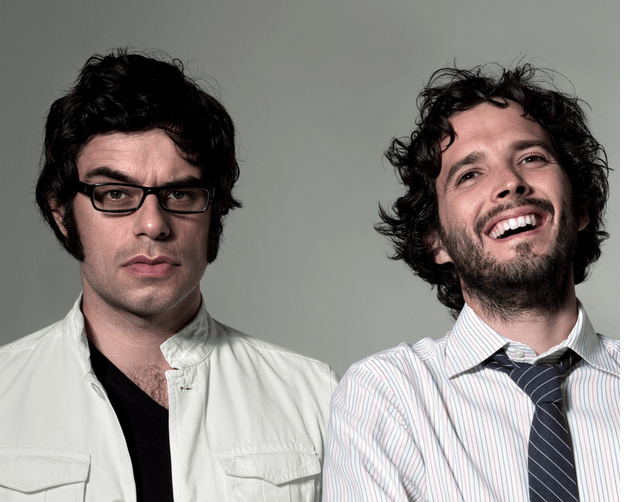
“I’m not really into all that theological stuff,” my friend interjected as our conversation after church headed into deeper spiritual matters.
I’ve heard similar statements from many Christian friends before, and while I understand that some subjects just aren’t as interesting to others as they are to me, I don’t think it’s really valid for any believer to claim not to care about theology.
You’re a Theologian
Theology is the study of the nature of God and religious belief. To be a Christian at all, you need to know something about theology: You are a sinner and God is just, therefore, someone has to pay for your sin. You have to know that God Himself took your sin upon Himself and died on the Cross and rose from the dead. To be a Christian at all requires some knowledge into the nature of God and religious belief.
Like it or not, as a Christian, you are a theologian.
Often, I’ve heard Christians clarify their statement of not being theological by quoting or paraphrasing 1 Corinthians 2:2, where Paul says, “for I decided to know nothing among you except Jesus Christ and Him crucified.” Yet they fail to recognize that the truths they are saying in this verse are theological truths. Paul is saying that he only shared with them the most basic truths of the Gospel; that God died in the place of sinners. This simple truth has profound theological implications.
The best resource for theology is the Bible itself. I used to view theology as a puzzle to be constructed, as something hidden that needed to worked at, and something only the “super spiritual” could understand. The more I have read the Bible, the more I have seen that most theological truth is right in the open and easy to understand. The Bible is more straightforward than we often think. It is the story of God through the redemption of sinful humanity. Everything else flows from this.
The ‘Conflict’ Between Theology and Action
There are two major errors when it comes to the intersection of doctrine and action. The first is that some people will say that they don’t worry about theology because they just focus on “loving everyone.” These people forsake the commandment in 2 Peter 3:18, where Christians are instructed to “grow in the grace and knowledge of our Lord and Savior Jesus Christ.” Being a Christian means growing in grace and knowledge. A constantly expanding knowledge about God’s nature is essential to believers. If we are not striving toward more knowledge about God, we are not growing in our faith.
On the other side of the spectrum, where I tend to fall from time to time, are people who forsake action for doctrine. These people are so wrapped up in the facts of their faith that they do not act on it. They are like the Pharisee and the Levite who walk by the man beaten by robbers in the parable of the good Samaritan. James says to these people, “You believe that God is one; you do well. Even the demons believe—and shudder!” (James 2:19). Demons have knowledge of God, but it has no impact on their eternal destiny, as they will be cast into Hell along with Satan. So knowledge itself is not enough for Christians. James later says that “faith apart from works is dead” (2:26).
As Christians, we need to be where doctrine and action meet. Our perfect example of this is Jesus. He knew that the way to salvation was through His death on the Cross. His death on the Cross was the ultimate act of love. In the same way, what we believe has a tremendous impact on what we do. If we believed God hates sin, we would hate sin, too. On the flip side, if we believed God is a pushover when it comes to sin, we would be indifferent toward sin. In Matthew 22, Jesus says the greatest two commandments, in order, are love God and love people. What you believe about God will impact how you love Him and will also affect how you love people.
Theology Is Our Calling
In the Great Commission, Jesus tells His disciples that they need to go and make disciples of all nations. This is the most loving thing they can do. By telling people about the Good News of Jesus, they are showing tremendous love to the world. Furthermore, Jesus commands His disciples to teach these disciples of all nations “to observe all that I (Jesus) have commanded you” (Matthew 28:20). Jesus’ instruction to his disciples is to show and teach their knowledge through love.
We need to constantly be growing in our knowledge of God, so that we can give an accurate account of Him to the nations, be on our guard against false teachers and deepen our relationship with God.
Our prayer should be that we would constantly growing in the grace and knowledge of Christ Jesus, and that this knowledge would work itself out through love for those we are called to reach. After all, we are all theologians.






















